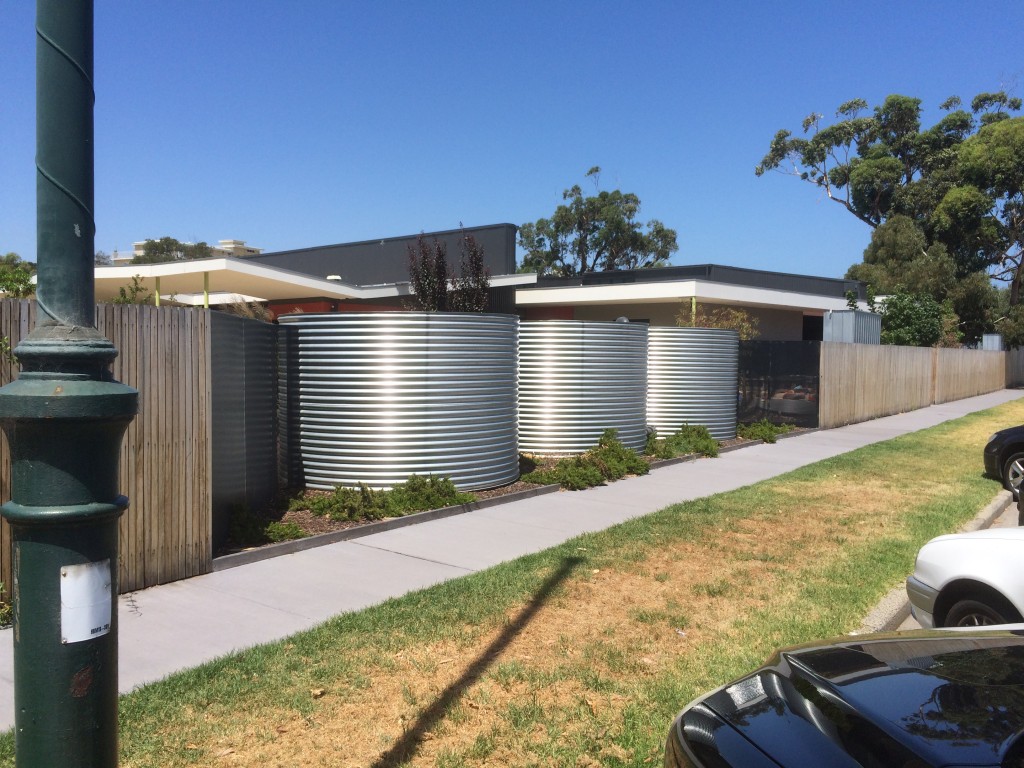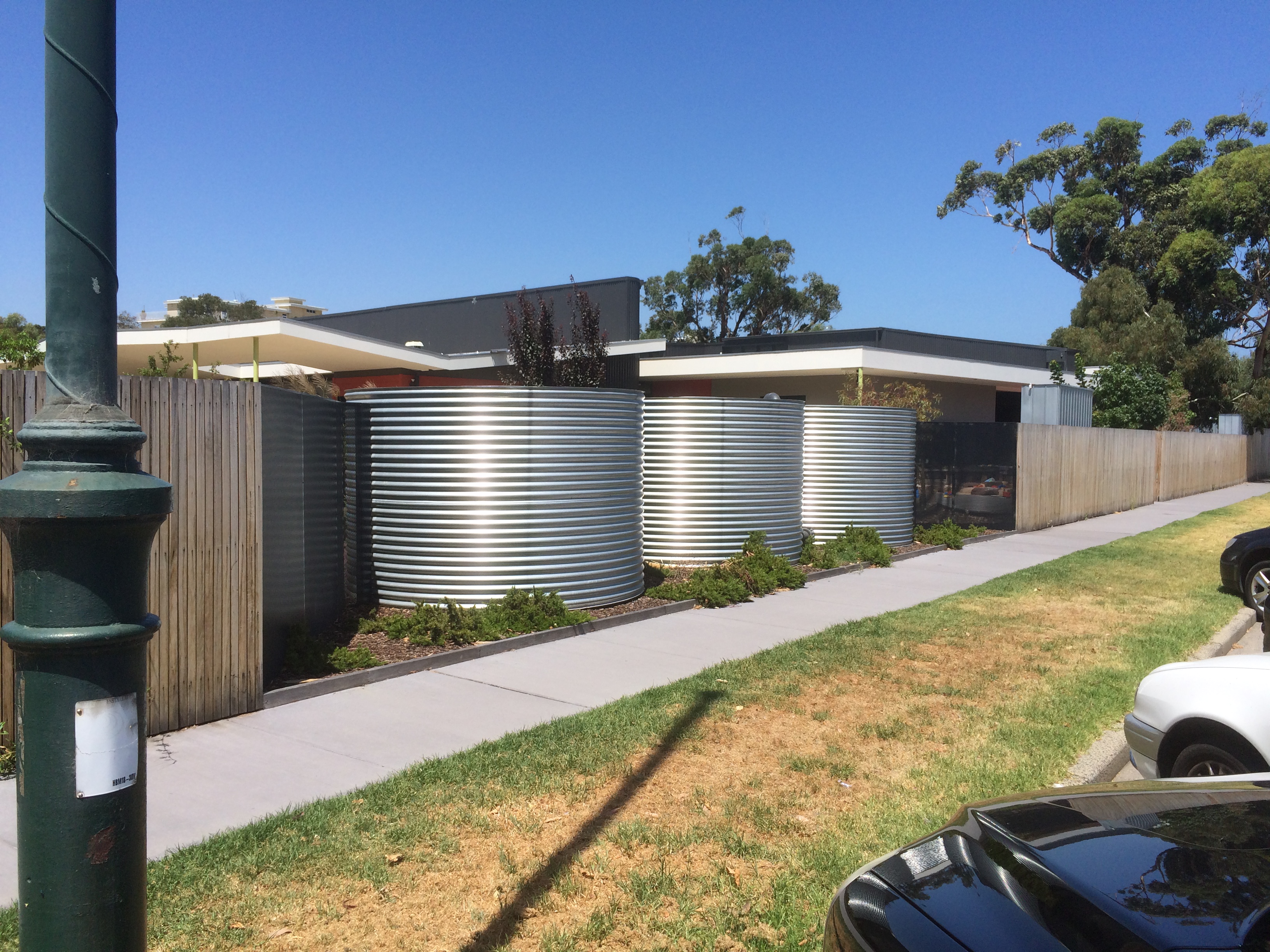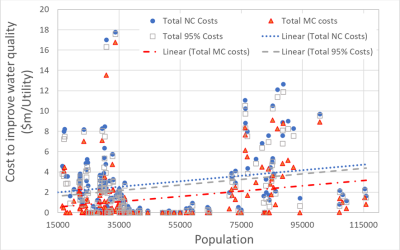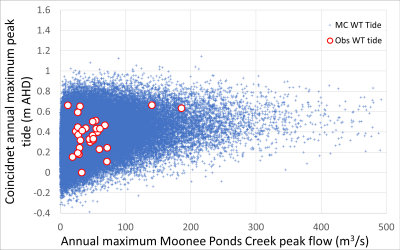
Rainwater harvesting systems in urban areas have made a substantial contribution to water supply and stormwater management. Monitoring of rainwater systems has revealed significant spatial and temporal variation in rainwater quality, including stratification in storages. Rainwater quality declines immediately after rainfall and improves thereafter. The hypothesis that biofilms form on walls and at the bottom (as sludge) of storages to improve the quality of stored water is shown to be true. Domestic hot water services are demonstrated to also improve rainwater quality and a framework of guidelines is recommended for greater use of rainwater in urban areas.






